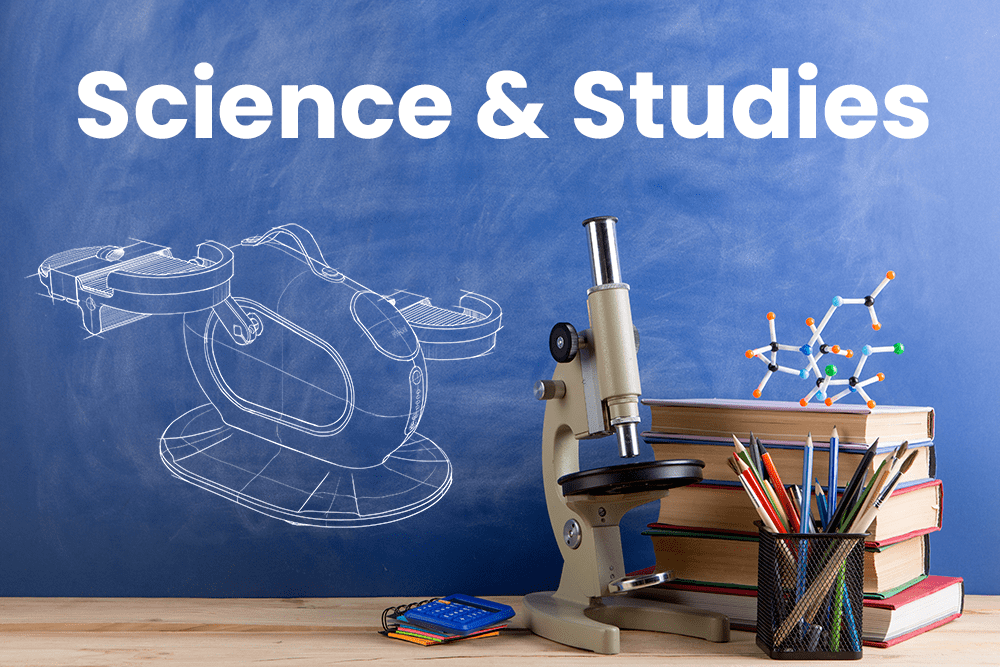You’ve heard it countless times: Physical activity and exercise are good for you, and you should aim to make them part of your daily routine, however possible. Numerous studies have proven the health benefits of exercise, which becomes more and more critical as you age. Regular exercise for the elderly help improves their overall health, such as preventing disease, enhancing motor and cognitive functions, mental health, and social engagements.

Preventing Disease
Studies have shown that regular exercise, such as assisted cycling therapy, can help prevent or assist with Parkinson's and heart disease. Exercise helps improve seniors' immune functions, which can be easily compromised.
Mental Health
Multiple studies show that, among other benefits, exercising has considerable benefits to mental health. Whether you’re walking, cycling on a stationary bike, or doing cardio produces endorphins, which then act as a stress reliever and leaves you feeling better and more accomplished. More importantly, exercise has improved sleep, essential for seniors who tend to suffer more from little to no sleep.
Motor and Cognitive Functions
Assisted cycling therapy is one type of exercise that studies have shown to help stroke victims improve their motor and cognitive skills.
In Conclusion
We know that exercising has many health benefits; Making it a priority and habit in your daily life is essential. Many studies have proven that, especially in our senior population, exercise can help them live longer, better, and more productive lives.

